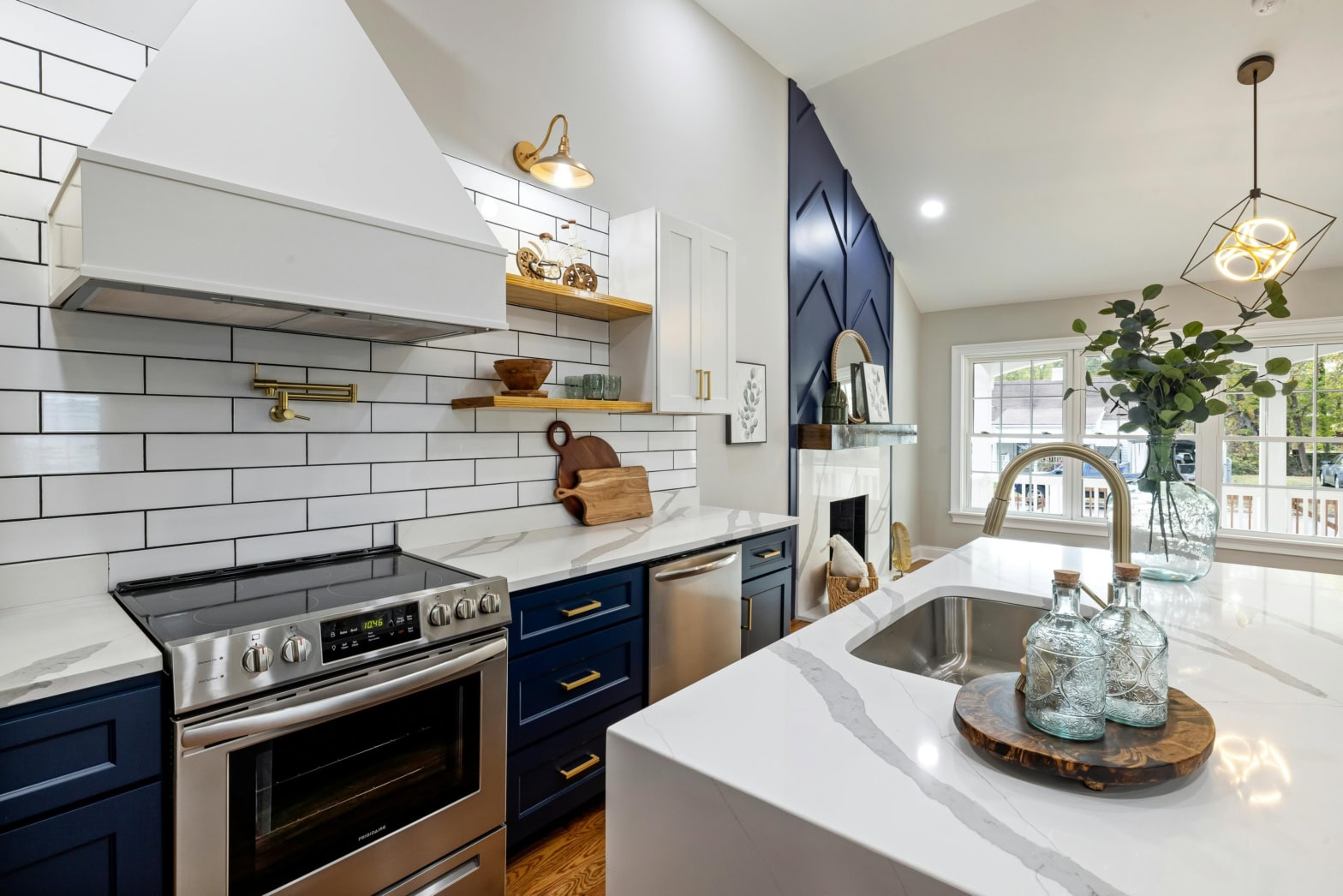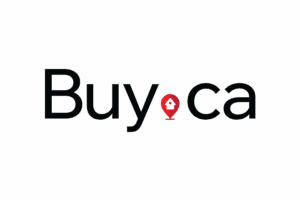What should you look for in a mortgage?
Whether you’re looking for a new home, or you’re an existing homeowner, shopping for a mortgage isn’t something most people look forward to doing. It’s hard to know where to even start. With so many options to consider and so many variables within the mortgage itself, it can be overwhelming to ensure all your needs are met.
Conventional vs Insured mortgage
A good place to start would be to look at your down payment for a new home, or the equity available in your current home. All mortgages are either insured (less than 20% down), insurable (80% Loan to value or less but amortizing at 25 years), and uninsured/conventional (80% Loan to value or less). The Loan to value ratio is simply the mortgage amount divided by the value of the property. So if you put $300,000 down on a $1 Million property, this would be a 30% loan to value ratio, likely an insurable mortgage, meaning you don’t have to get mortgage insurance. Once you’ve established how much of a down payment you are going to make, you can look into your rate options.
Rates and Restrictions
All rates are either fixed or variable, and open or closed, with various terms (lengths) available. The type of mortgage mentioned above will have an impact on the rate available to you. For example, banks see less risk when a mortgage is insured with CMHC or Genworth, therefore they typically post slightly lower rates for Insured mortgages. However this also means you’ll have to pay to get mortgage insurance. On the other hand if you decide to go with a higher down payment you can get an uninsured mortgage, which will usually be a higher interest rate.
When selecting a rate for your mortgage, it’s important to have an understanding of the associated risks with each option. The lowest rate is not always necessarily the best option, as it may come with unfavourable restrictions. Some examples of restrictions could be limitations on pre-payments, transferability (the ability to transfer your mortgage to someone else), options to pay off the mortgage prior to the term maturity, and penalties associated with paying off the mortgage early.
Future plans
Another key factor to consider is your plans for the future of the property. How long do you plan to live or invest in the property? Do you have plans to refinance or renovate in the near future? Do you wish to add on a Home Line of Credit? We can’t always predict what happens in the future but it’s important to consider your plans within the next 1-5 years so you have a better understanding of how any restrictions or penalties would affect you and your wallet. For example – you wouldn’t want to opt for a 5 Year fixed closed rate if you planned to purchase and live in the home for only 2 years. A fixed rate 2 year term or a variable rate would ensure a lower penalty for paying off the mortgage.
Is there anything else to consider when choosing my mortgage?
Some other things to consider could be accessibility – how do you want to be able to monitor your mortgage balance? Typically banks will send you one paper statement per year, however you may wish to check the balance more often through online banking. All of the big 6 banks now offer online access to your mortgage details, but some alternative lenders or credit unions do not always offer this option. Some banks have recently also started incentivizing clients with mortgage offers of lump sums of cash upon closing, with the cash amount depending on your mortgage balance obtained.
If this is overwhelming, don’t sweat it! There are plenty of professionals to help navigate this process. At Perch, our mortgage advisors are well versed in the process of tailoring your mortgage application from start to finish and can explain the features and benefits of what they are recommending based on your mortgage needs.
 Ali
Ali





